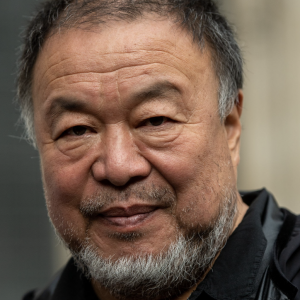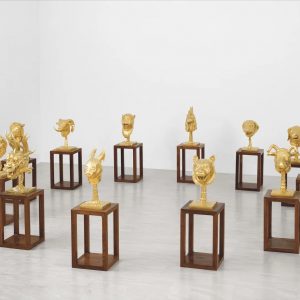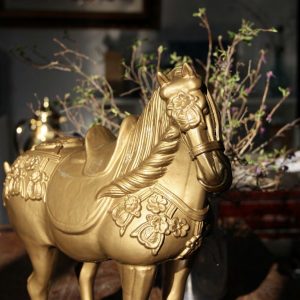
Artworks by Ai Weiwei

Zodiac Heads by Ai Weiwei
60 – 90cm height
Bronze with gold patina
Edition of 8
2010

Porcelain Tang Sancai Horses by Ai Weiwei
44 x 42 x 15cm each
Porcelain
Single Edition (Total 13 colors)
2014


60 – 90cm height
Bronze with gold patina
Edition of 8
2010

44 x 42 x 15cm each
Porcelain
Single Edition (Total 13 colors)
2014
